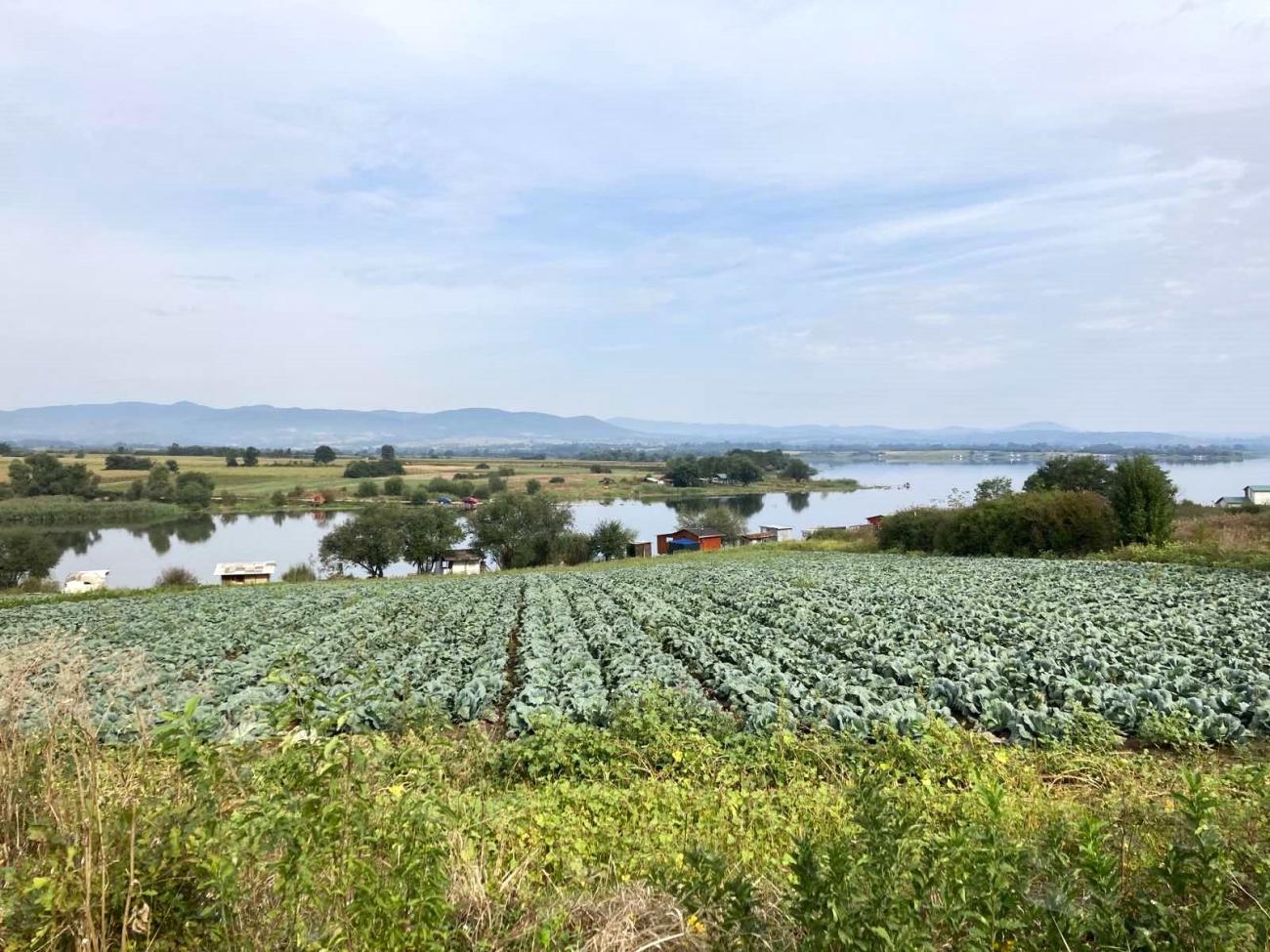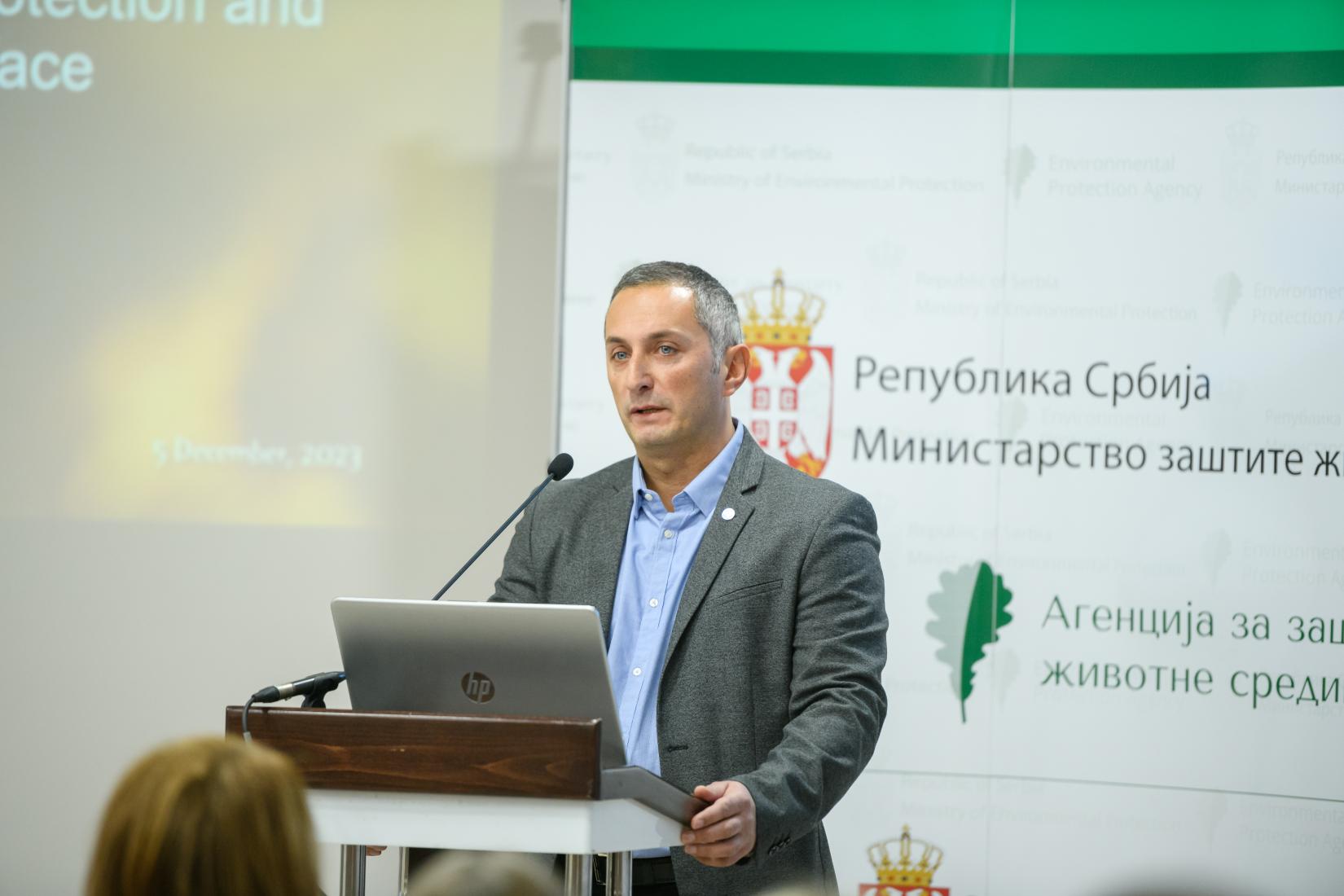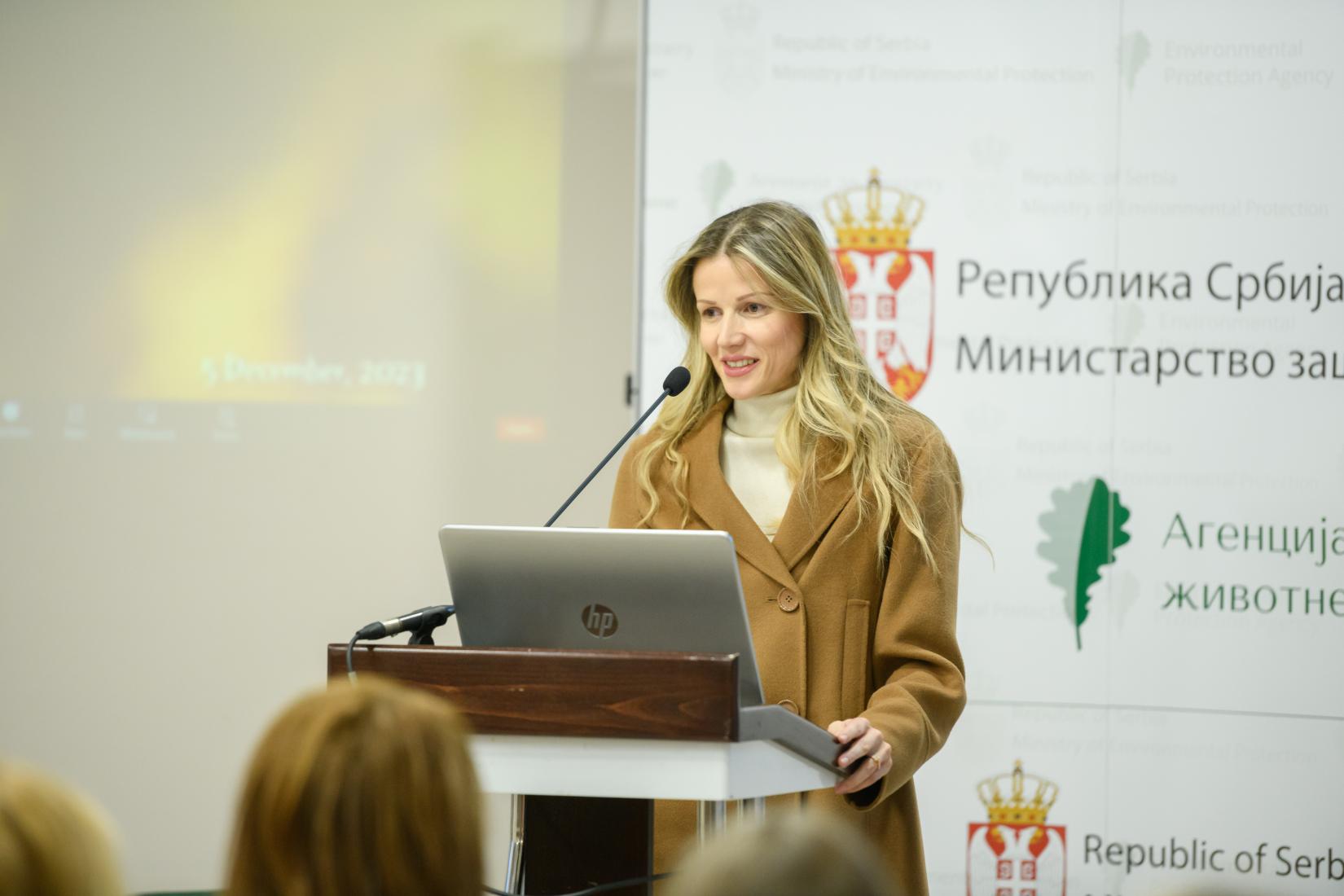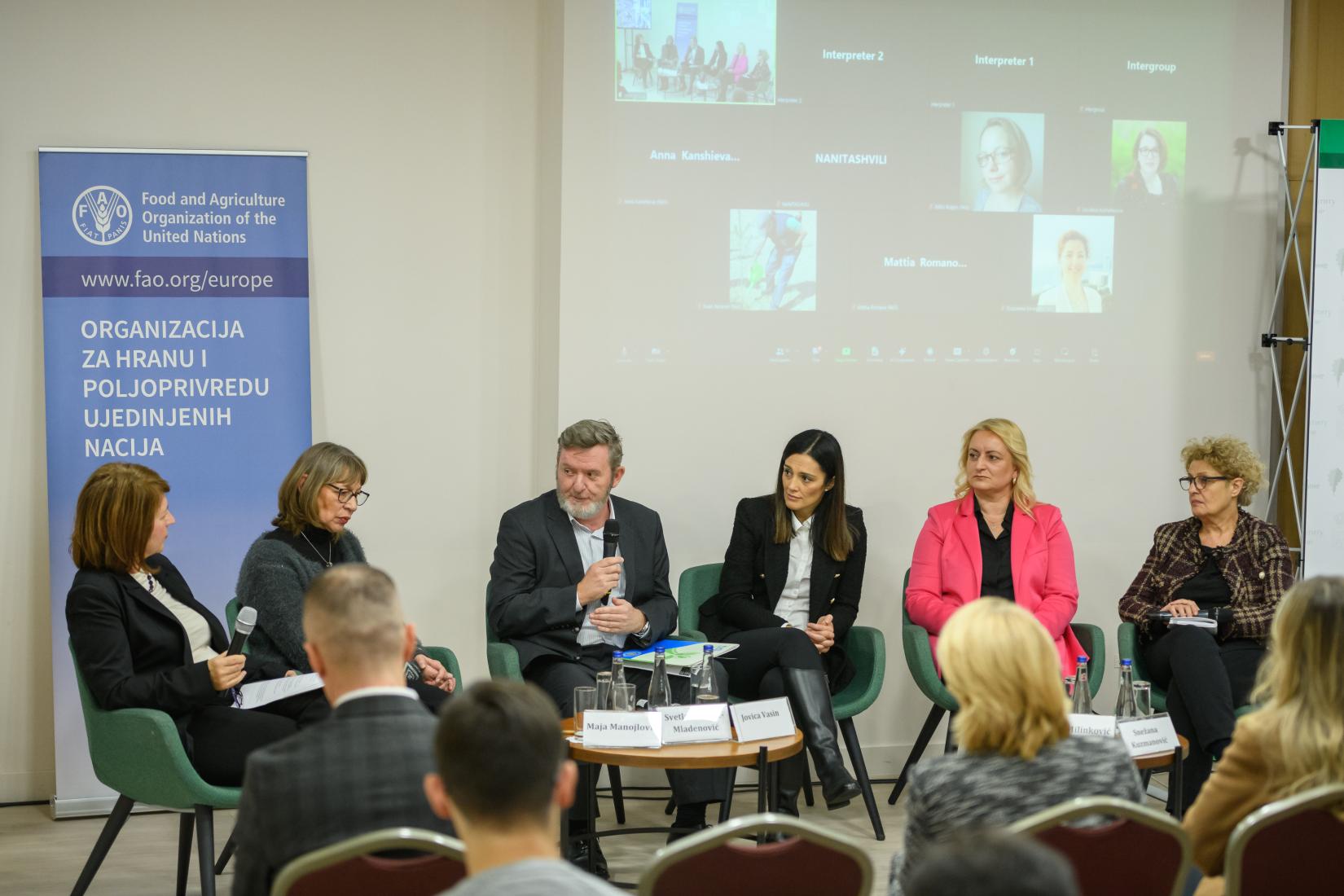Serbia Marks World Soil Day with a Focus on Soil and Water

Regional dialogue on soil protection and science-policy interface held in Belgrade - to bolster action for protection of tgis valuable natural resource.
Belgrade, December 5, 2023 – Soil is one of the most important non-renewable natural resources, directly impacting rural and economic development and the preservation of natural ecosystems. Proper and sustainable soil management, that covers the largest part of Serbia's territory, can significantly contribute to food security, agricultural production, and rural communities.
However, the impact of climate change and human activities leads to soil degradation and pollution, further affecting agricultural crops, the nutritional value of agricultural products, as well as human health and the environment.
Taking into account the potential of Serbia's agricultural sector, particularly in organic farming and regenerative agriculture, the Food and Agriculture Organization of the United Nations (FAO) and the Environmental Protection Agency (SEPA) gathered the representatives from ministries, universities, institutes, and FAO. The aim was to promote sustainable land management practices and expedite actions to protect and reduce soil pollution in policies and practices.

Aleksandar Mentov, National Programme Coordinator of the Food and Agriculture Organization of the United Nations (FAO), emphasized that: "Protecting the soil requires strengthening collaboration among sectors to better understand the concept of sustainable soil management and different factors that impact the overall soil health and agricultural production."
"FAO and SEPA have conducted various activities directly linked to the reduction of soil pollution and in Serbia, aiming to achieve national goals for sustainable soil management and organic agriculture," he added.
Tamara Perunović, Deputy Director of the Environmental Protection Agency (SEPA), highlighted that "Activities conducted by the Agency in collaboration with the Food and Agriculture Organization of the United Nations, aimed at preventing diffuse soil pollution, represent an excellent example of cooperation with scientific institutions in developing methodologies for assessing diffuse soil pollution and addressing risks and threats to soil health. The results of this collaborative work enable the improved monitoring of soil condition, promotion of sustainable soil management practices, and better alignment of policies for soil protection through interaction with science."

"Examination of soil in pilot areas within protected areas has shown the necessity for specific soil protection measures in these areas, as well as capacity-building among land users to reduce pollution," she added.
Aleksandra Mičeta from the Directorate of Agricultural Land at the Ministry of Agriculture, Forestry and Water Management emphasized that an essential step contributing to soil protection is the establishment of the Information System on Agricultural Land, with its primary role is to monitor the state of agricultural land. “Yet through continued collaboration and knowledge-sharing, we contribute to the preservation of this valuable resource”, she concluded.
Recognizing the importance of multisectoral cooperation, the event highlighted the link between science and policy, necessary to ensure adequate soil management, proper pesticide use, and promotion of sustainable practices that contribute to tackling soil pollution.

In line with this year's global theme, "Soil and Water: A Source of Life," participants paid special attention to the interconnection between water and soil in agricultural production, two resources from which 95% of global food originates. Healthy soil acts as a natural filter, purifying and storing water, while sustainable soil management increases the quantity and quality of water essential for agricultural production.
The conclusion drawn is that better and sustainable soil management requires collaboration among sectors, promotion of more sustainable practices, and implementation of innovative and sustainable solutions, including investments in new technologies, with the aim to reduce the risk of soil pollution and mitigate the effects of climate change - allowing the agricultural sector in Serbia to achieve inclusive and sustainable economic development while preserving its natural resources in the long term.






